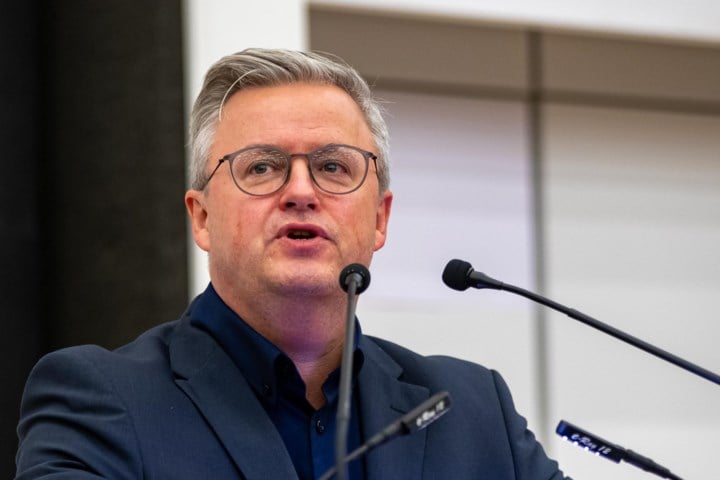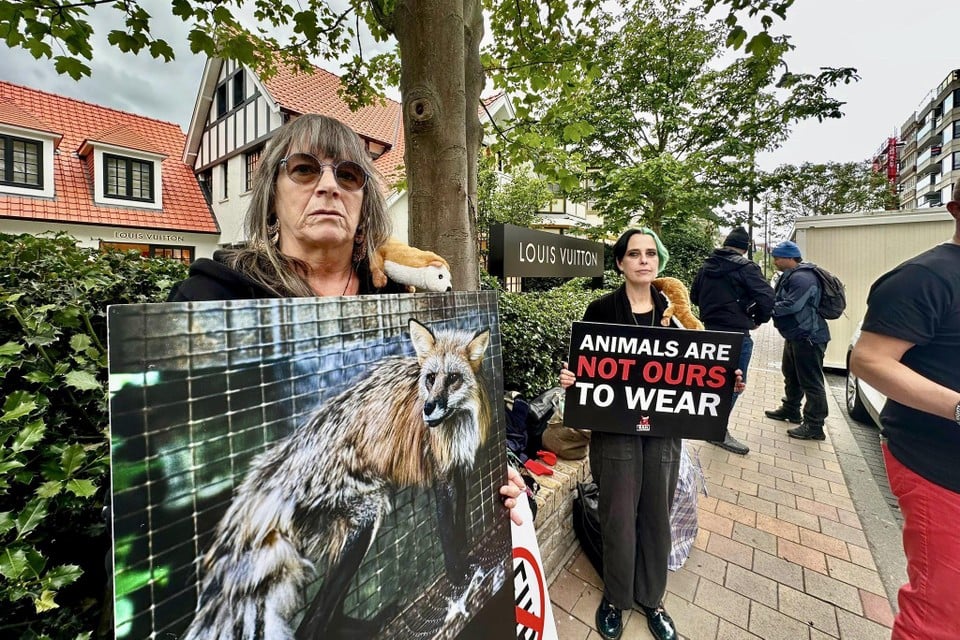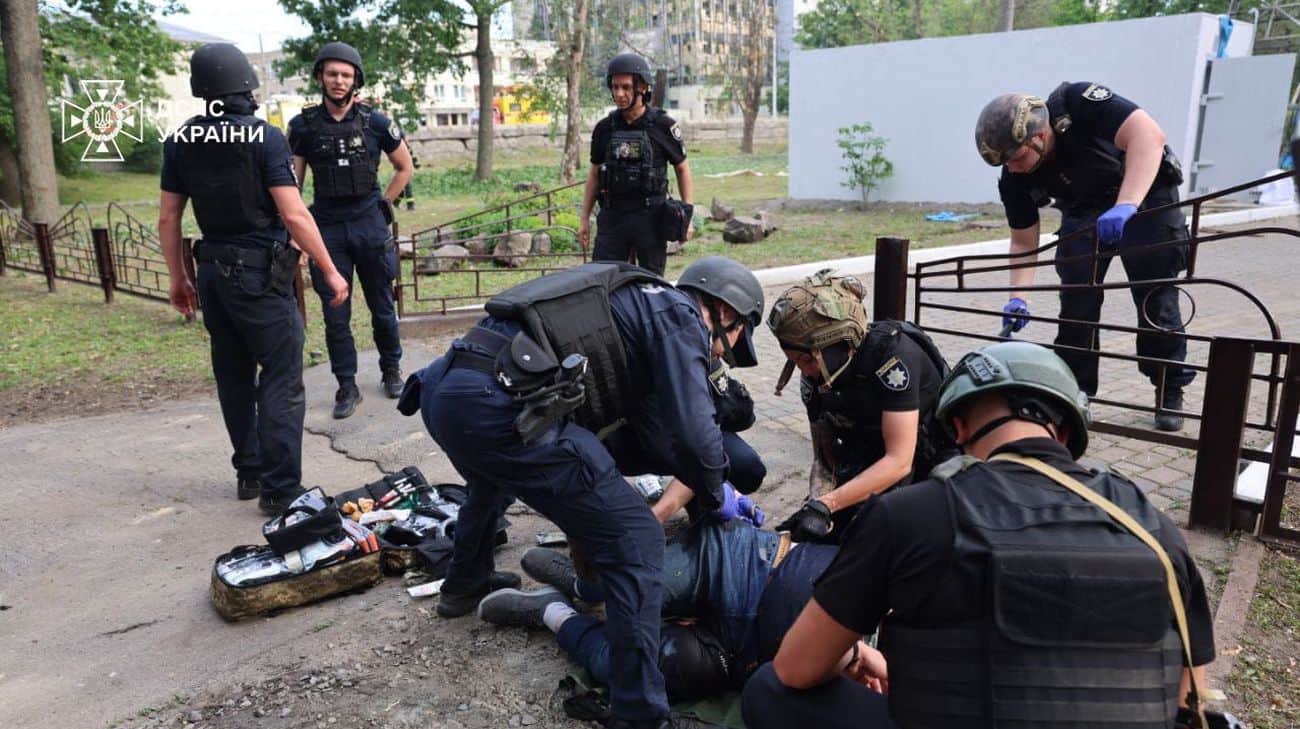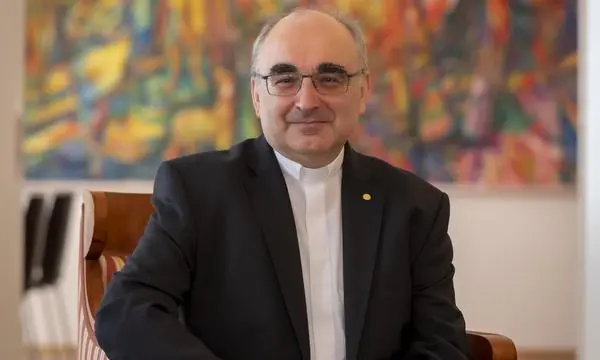(Former) employees of Carl Devos write open letter: “Messages from last week are one-sided and hard-tied”

The most famous political scientist in Flanders came back in discourse in recent days after a novel who wrote his former assistant Hilde van Lieferinge. She is talking about fiction based on true facts, but because of the way she wrote the book, everyone knew who the main character is. Carl Devos was therefore discredited, due to supposed sexual cross -border behavior from 14 years ago. He was then also accused of plagiarism and statements that could not be done. The Ghent rector Rik van de Walle immediately apologized on behalf of UGent and thought that the then responsible for the university did not do enough.
In an open letter counter (former) employees of Devos-Tine Boucké, Sofie Staelraeve, Manu Mus, Wouter Blomme, Nicolas Bouteca, Lorenzo Terrière and Tom Verstraete-the image that is hung from the professor. They say they don’t recognize themselves at all. That he would not imagine anything academically, exhibit diva behavior, would be a power of power or would have made unsubsty statements: according to the seven there is no question of that at all.
The integral open letter:
Between fact and fiction
We, (former) employees, do not recognize ourselves in recent reports about Carl Devos, and by extension about the entire political sciences department. Those messages were hard and especially very one -sided. They departed from a novel that mixes facts with fiction. We fear that just the same happened with the news articles that have recently appeared. The biggest victim: CD from Izegem.
We don’t want to make the media process here. That search for the right balance in reporting in such things is complex. In this story it requires a telephoto -time machine to travel back to the Gaps research group at the start of the twenty -first century. Five of us were also there at the time. At the same time when Hilde worked there. Some of us shared the same agency with Hilde, we had lunch and improved exams together and experienced the time of our lives.
As former assistants of Carl Devos, we cannot agree with the character sketch that has been made of him in recent days. According to certain reports, he would not imagine anything academically and show diva behavior. Indeed, he does not have 20 scientific top publications to his name, but anyone who looks at the academic existence through such glasses has clearly never been actively active within one in a university. In addition to research, academic life also consists of education and services. For example, there are proffs that spend 100% of their time on research and there are unfortunately they have little or no time to do that. For example, because they teach annual political science to 1500 students, try to teach society something about politics, books and columns, manage a department of a hundred employees and at the same time try to unfold a UGent plan in West Flanders.
We know him as a colleague who stands up for his doctorate students and who also tackled them to the outside world. Someone who showed genuine gratitude if the necessary efforts were made at work. It will probably sound strange to the readers of the recent UGent soap, but we experienced the most brash years of our career. There was time to do research into what you found interesting. You were not dropped in a research project from the promoter but were allowed to do what you could maintain for four or six years. According to Carl, that was the best strategy to walk that tough trip to a doctoral title. The fact that the research went out too many directions was a side issue, as long as it gave enthusiasm to work on your own research every day. The guidance was not really modern either. A doctorate was seen as proof that you could work independently. Some ran into that freedom, others perhaps drowned in so much liberalism.
And so you can give a different lecture to a lot of things that are now being thrown into the basket of Carl Devos. The ‘unsubstantial’ statements for example. In the miracle years of what we, not without self -mockery, had baptized the Ghent Institute of Political Studies, there was a lot of companionship. For example, every employee was involved in the recruitment of a new assistant. So that the new colleague would also fit well in the group. Team Belgium, as we were also called, was then relatively small and we knew each other very well. In that context, biting humor was the order of the day. We could give each other a hand and a kick. That is how the tradition was created to set off a laudation on the basis of biting humor after the end of every doctoral defense. In the documents that appear now, these are mentioned unfair statements. That is possible, but perhaps had to do with the bursting of the institute where relationships became less attached and biting humor could be experienced faster as hurtful.
Putting Carl Devos as a mans of power, it is very much with our experience. In this story between fact and fiction we like to place ourselves on the side of reason. Not anonymous, but open and exposed. As it should be. Someone is innocent until the contrary is proven. That is how scientists work, the rule of law functions. This issue was better fought in a court, with contradictory debate and with a judge who, based on objective facts, velt a judgment. We understand that this is not an easy step to take because then a lot threatens to get over you. But the question is whether you can still invoke that if you develop a media storm 14 years after the facts that you bring in all Flemish newspapers and media for days. At that time a good argument of fact ends up in pure fiction.
Tine Boucké,
Sofie Staelraeve,
Manu Mus,
Wouter Blomme,
Nicolas Bouteca,
Lorenzo Terrière,
Tom Verstraete,
The authors are all (former) employees of Prof. Carl Devos (Department of Political Sciences, UGent) and write this piece in their own name.







